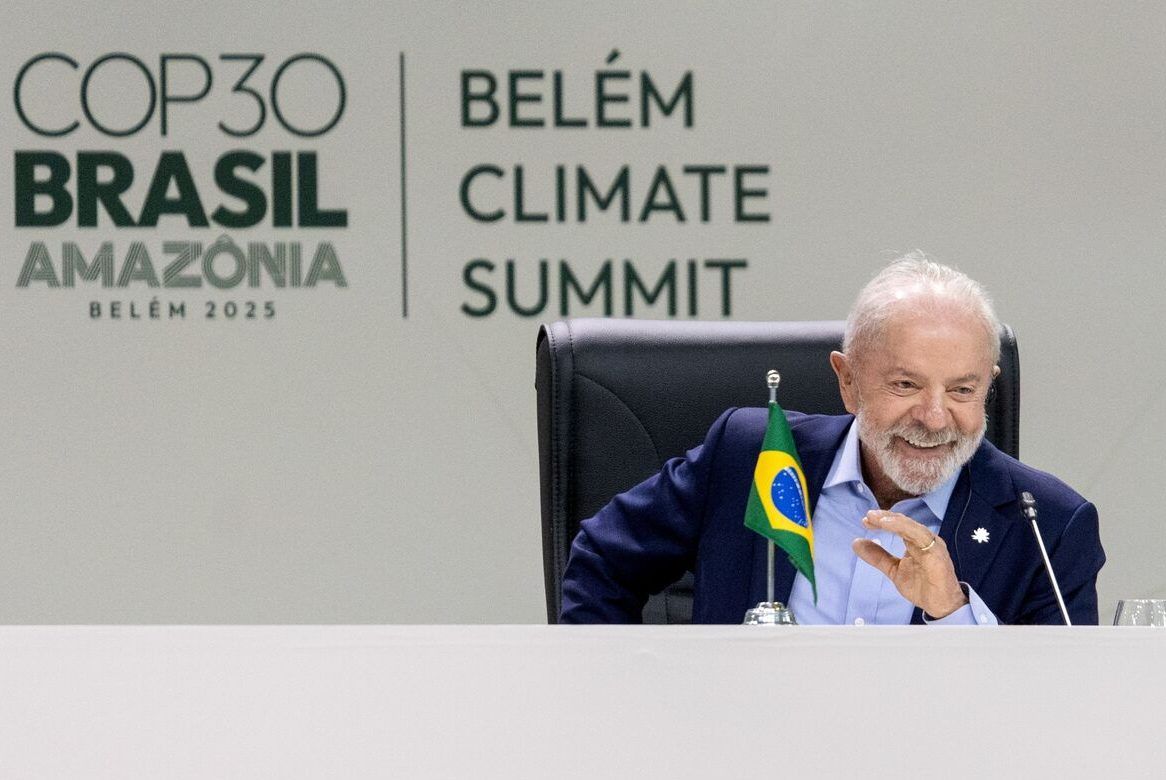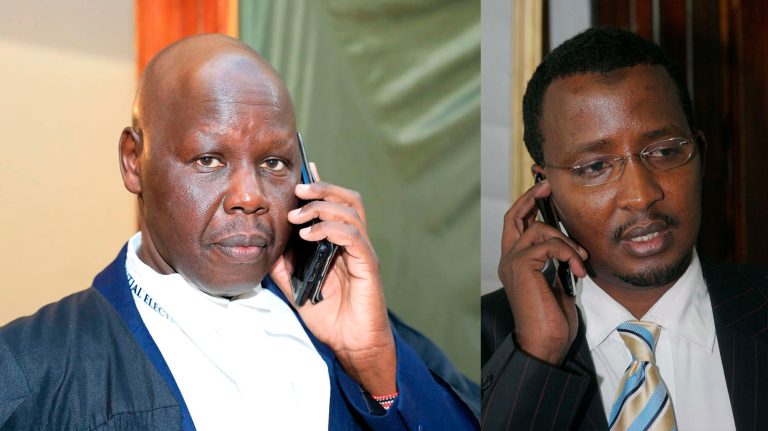
All references to fossil fuels—the world’s largest contributor to climate change—have been removed from the draft agreement under negotiation at the COP30 UN climate talks in Belém, Brazil, as the summit enters its final stages.
Draft agreements at these talks, which bring together nearly 200 countries, typically undergo multiple revisions, as consensus is required for a deal to be adopted.
Brazil’s President Luiz Inácio Lula da Silva, along with countries including the UK, had pushed for stronger commitments to cut fossil fuel use. An earlier version of the draft included three potential pathways to achieve this, but the language was dropped following opposition from major oil-producing nations.
A coalition of countries, including the UK, has publicly rejected the revised draft. In a letter, they expressed “deep concern regarding the current proposal under consideration for a take-it-or-leave-it” approach, warning: “We cannot support an outcome that does not include a roadmap for implementing a just, orderly, and equitable transition away from fossil fuels.”
Sources close to the negotiations indicated that Saudi Arabia, alongside other Arab nations, is blocking the inclusion of fossil fuel language.
French Environment Minister Monique Barbut added that Russia, India, and several emerging countries are also opposing the provisions.
She suggested that smaller island nations might accept a weaker deal if they secured increased financial support to adapt to climate impacts.
On France’s stance, Barbut said: “Even if we don’t have the full roadmap, a clear mention of fossil fuels would be acceptable. But as it stands now, there is nothing.”
Observers note that dropping fossil fuel language may be a strategic move to pressure negotiators and force countries toward a compromise. COP negotiations are notoriously complex, with nations balancing national interests against the global urgency of climate change.
Despite the setbacks, COP talks have contributed to notable progress on climate measures in recent years, including the expansion of renewable energy, promotion of electric vehicles, and efforts to protect natural ecosystems.
Other key topics at COP30 include addressing the climate finance gap for developing nations most affected by climate change.
The current draft calls for global efforts to triple available financing by 2030, but it does not specify whether this funding should come from wealthy countries or alternative sources such as the private sector—a point likely to frustrate poorer nations.
Last year, at COP29 in Baku, Azerbaijan, developing countries heavily criticised a similar deal for offering insufficient support.



